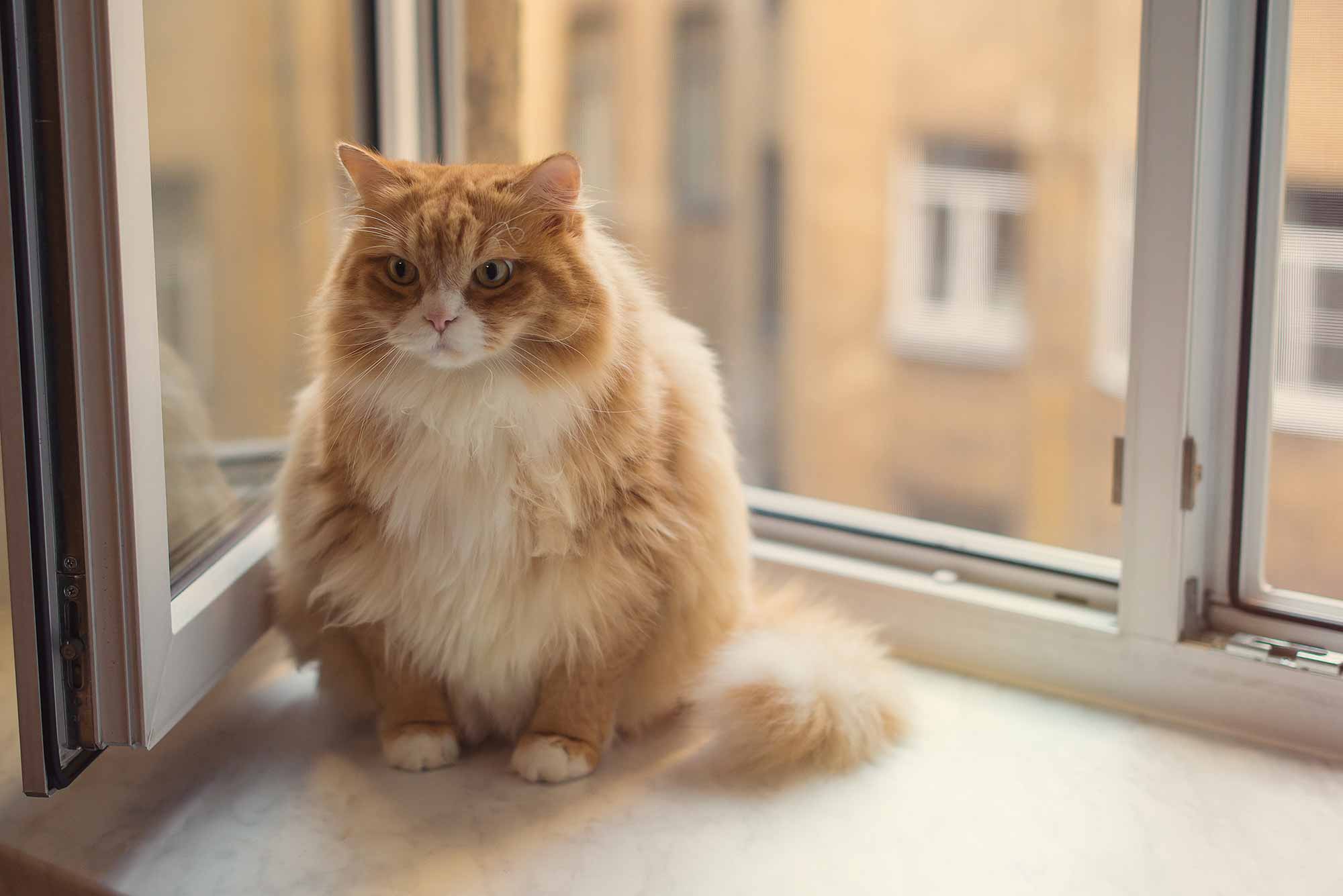 Is your pet a little…shall we say, portly? Has your couch potato pooch been less than thrilled with daily exercise? Are you guilty of giving your purr pal one too many cat treats? The fact is, overweight and obese pets – like people – are becoming more of the norm.
Is your pet a little…shall we say, portly? Has your couch potato pooch been less than thrilled with daily exercise? Are you guilty of giving your purr pal one too many cat treats? The fact is, overweight and obese pets – like people – are becoming more of the norm.
And it’s understandable. After all, we adore our furry friends and want them to have the best in treats and mealtime deliciousness. Who can resist those begging eyes when eating lunch or grilling something tasty? Unfortunately, pet obesity is much more than just a problem of aesthetics; obesity can actually shorten your pet’s life.
The Trouble With a Little Extra
So what’s the problem with a few extra pounds on your pet? A lot. There are many factors that “weigh in” on why pet obesity can compromise health.
Increased risk of disease – From diabetes to hypertension, overweight pets are at significant risk of developing illnesses. This is because extra weight takes a toll on the immune system, makes internal organs work harder, and decreases the likelihood of exercise (which is vital to all animals).
Limited mobility – Pets who are heavy often suffer from difficulty in gait, balance, and ability to move with ease. Running or climbing stairs, especially in the summer heat or winter freeze, take a toll on portly pets. In addition, overweight animals are more likely to develop osteoarthritis and other joint conditions as a result of the weight and pressure on muscles, joints, ligaments, and bones.
Increased risk of injury – Due to their compromised mobility and the impact of extra pounds, pets who are overweight are often more likely to injure themselves (e.g., cruciate ligament tears and fractures).
Breathing difficulties – As you might expect, overweight pets also have respiration issues – particularly during hot, humid weather or during exercise. Brachycephalic pets, or flat-nosed pets like pugs and bulldogs, are even more affected.
Self-grooming limitations – When a pet cannot groom adequately, he or she is at risk of skin and coat problems, overgrown nails, and impacted anal glands. Most obese pets require professional grooming more frequently than healthier pets.
Dental disease and nutritional deficiencies – Pets often become overweight because they are fed improper foods, such as table scraps and treats, in lieu of an appropriate diet. Because of this, you may see an increase in dental issues, as well as problems related to vitamin and mineral deficiencies. And feeding table scraps increases the odds of toxicity and pancreatitis.
Poor quality of life and reduced lifespan – It’s estimated that overweight and obese pets can lose up to three years of their life, which is a great percentage when you consider the average lifespan of a cat or dog. Because of reduced health and mobility, many precious pals also suffer from boredom, pain, and other chronic issues.
The GOOD News About Pet Obesity
The great news is that obesity is entirely preventable. Help keep your pet at the right weight by maintaining annual or semiannual exams and by following dietary recommendations.
Control portion sizes, skip the treats, and spoil your pet with your time and attention instead. Every pet needs and deserves this – along with 20-30 minutes of daily exercise, such as walking, jogging, or a game of fetch or feather chase.
Your biggest resource and ally in your pet’s overall health is your veterinarian. The team at True Care Veterinary Hospital is here to help you keep your pet’s weight on track. Please call us with any questions or to schedule a consultation.

